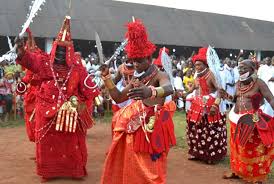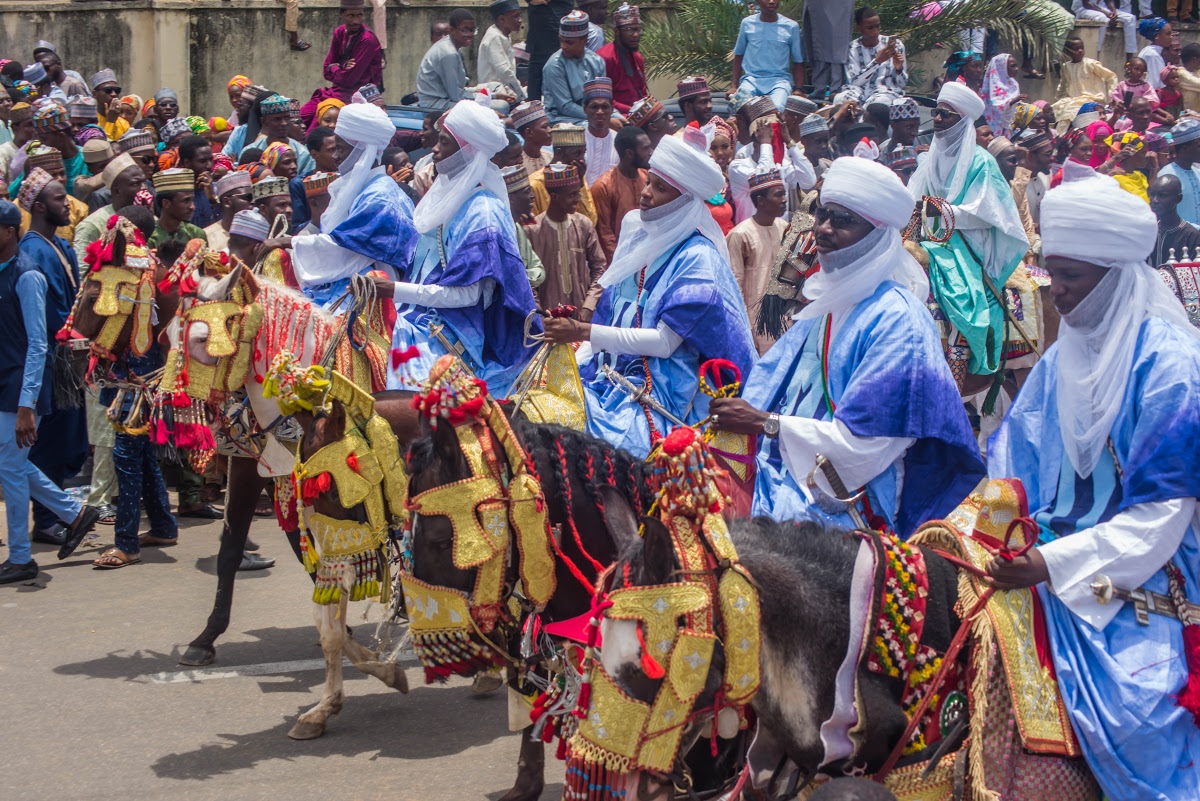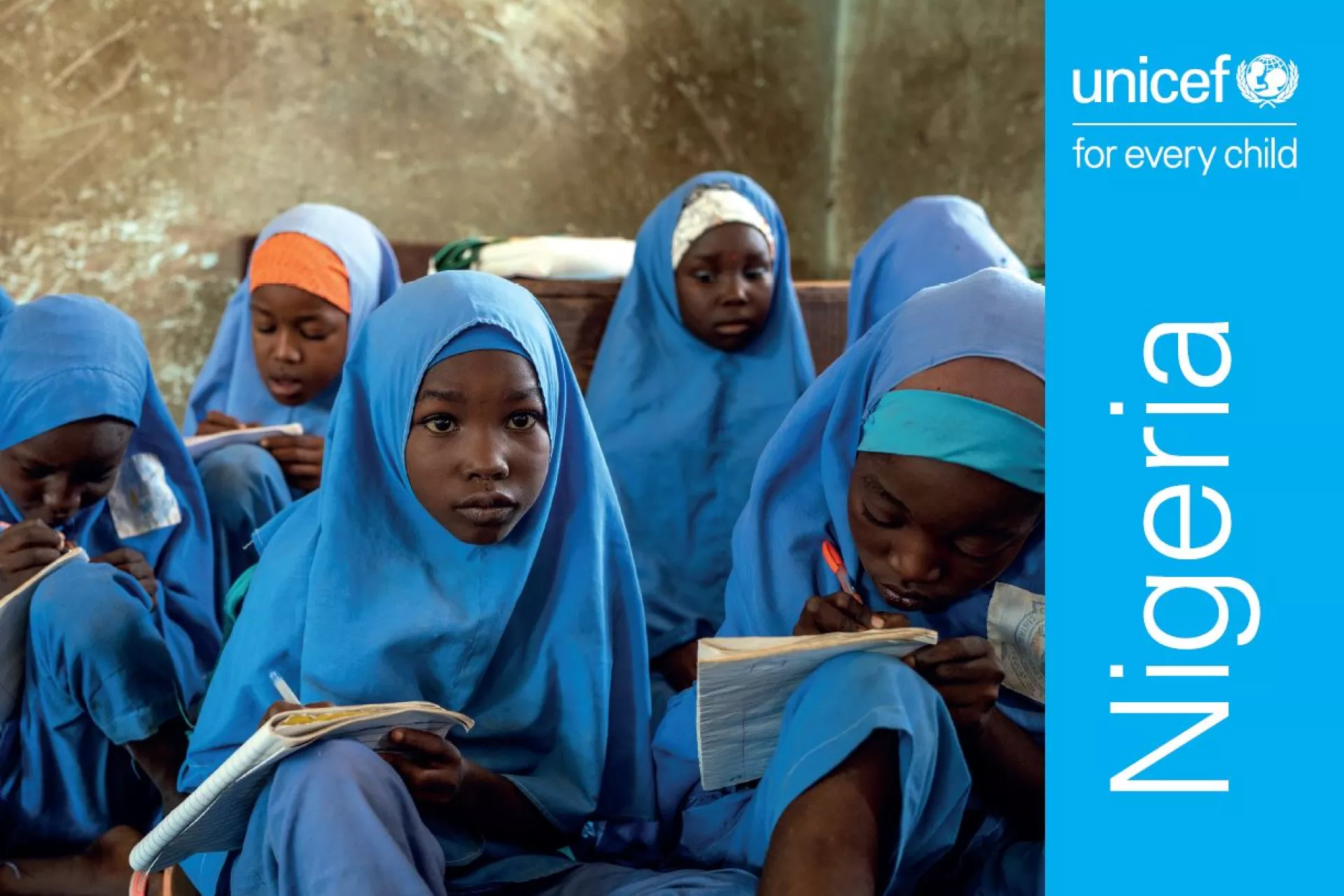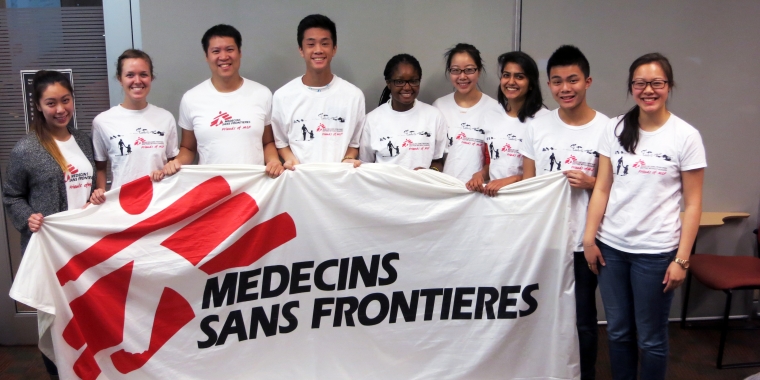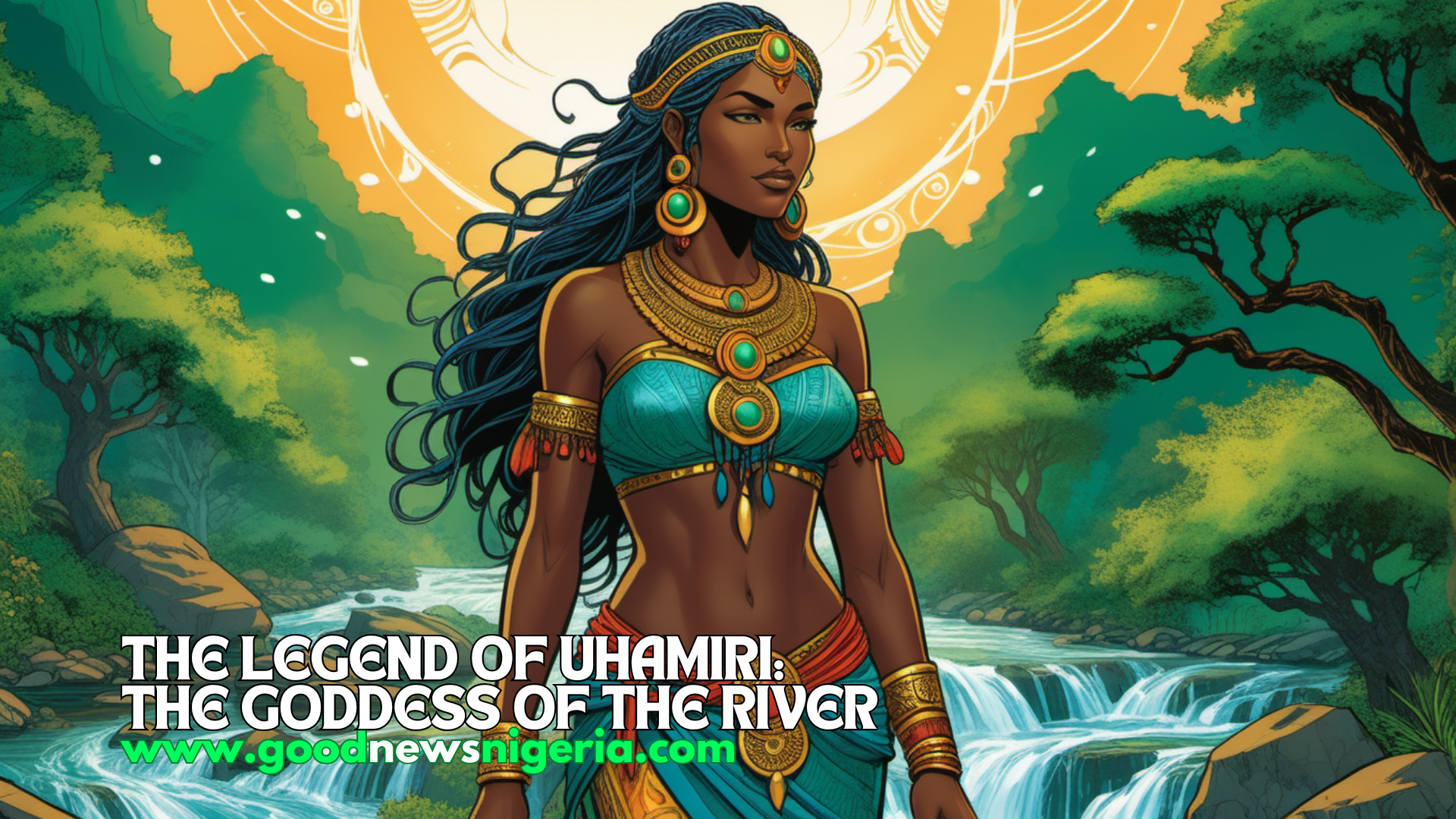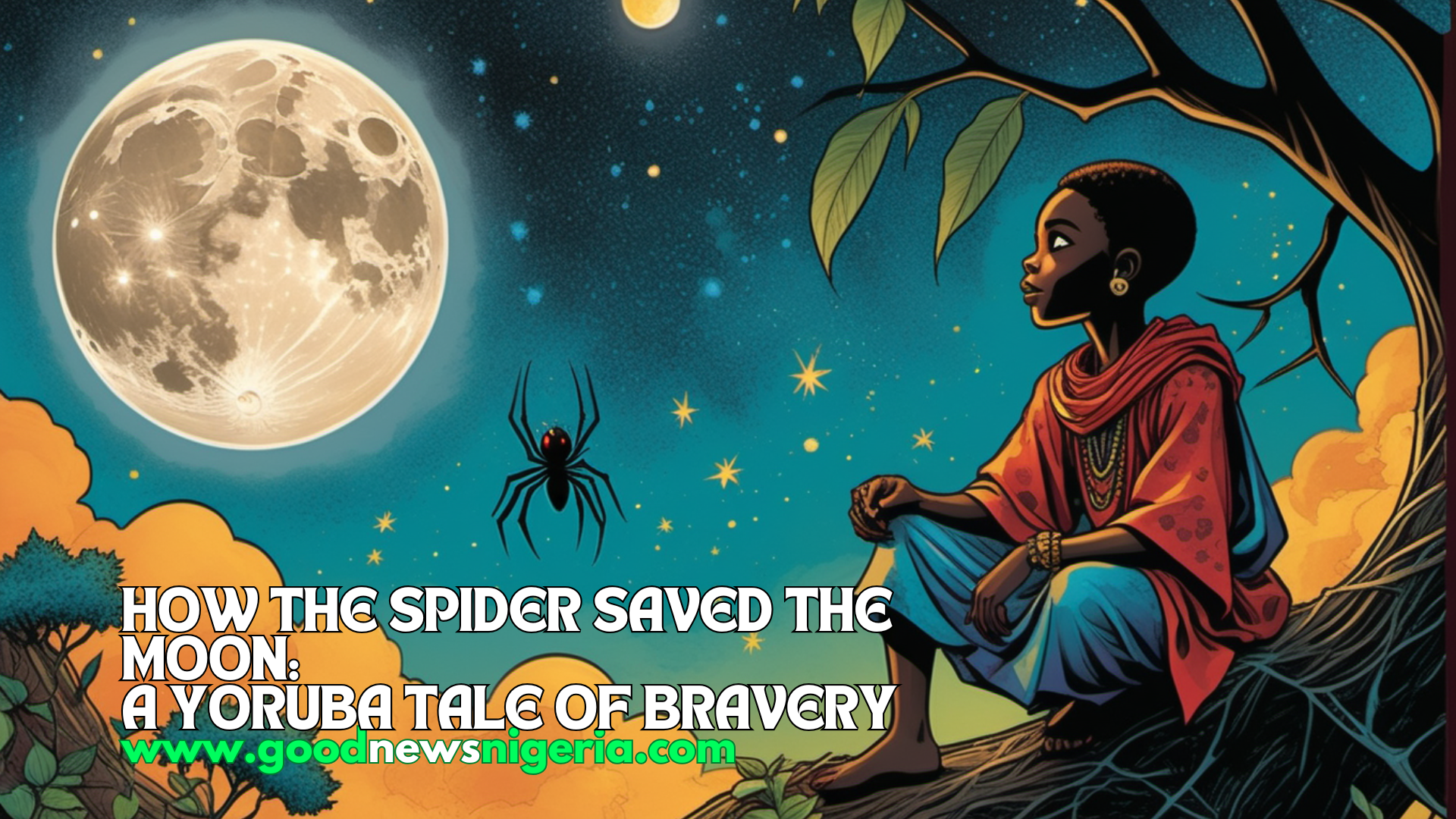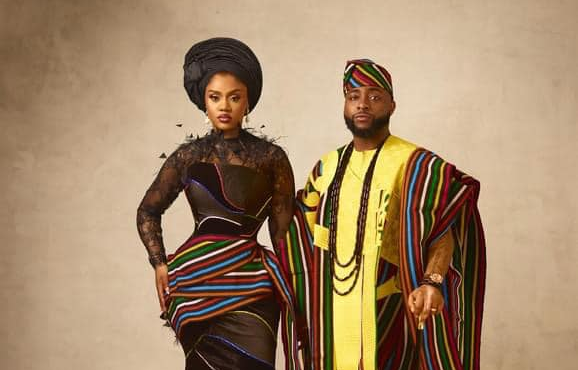
The Resurgence of Traditional Nigerian Clothing: A Celebration of Identity and Style
In recent years, Nigeria has witnessed a revival in the popularity and appreciation of traditional clothing styles, symbolizing not only cultural pride but a renewed connection to heritage. From brightly colored ankara prints and regal agbada gowns to the intricate designs of asooke and the elegance of gele head wraps, traditional Nigerian clothing has become a staple of both everyday wear and special occasions. This article explores the cultural roots of Nigerian clothing, its evolution over time, and the recent resurgence that has made it a symbol of identity and style.
The Historical Roots of Nigerian Attire
Clothing in Nigeria has always been deeply intertwined with culture, spirituality, and social status. Each ethnic group within the country boasts unique attire that carries symbolic meanings, particularly during festivals, weddings, and rites of passage. Here’s a look at some of the most iconic traditional clothing:
- Agbada: Known for its voluminous design, the agbada is a ceremonial outfit often worn by men, particularly among the Yoruba, Hausa, and Igbo ethnic groups. Traditionally, it symbolizes status and dignity, and today, it remains popular during weddings, chieftaincy ceremonies, and cultural festivals.
- Asooke: Also rooted in Yoruba culture, asooke is a handwoven fabric used to create robes, wrappers, and headscarves. Made with luxurious materials, asooke is highly valued and is particularly prominent in bridal wear and special occasions.
- Ankara: Though originating from African print designs, ankara has become synonymous with Nigerian fashion. Its vibrant patterns and versatility make it suitable for all occasions, from casual attire to elegant dresses. Ankara is celebrated for its modern appeal while paying homage to African artistry.
- Gele: The gele head wrap is not only an accessory but a cultural statement. Commonly worn by women in Yoruba and Igbo communities, it represents beauty, elegance, and tradition. Tying the gele has become an art form, with each style showcasing individuality and creativity.
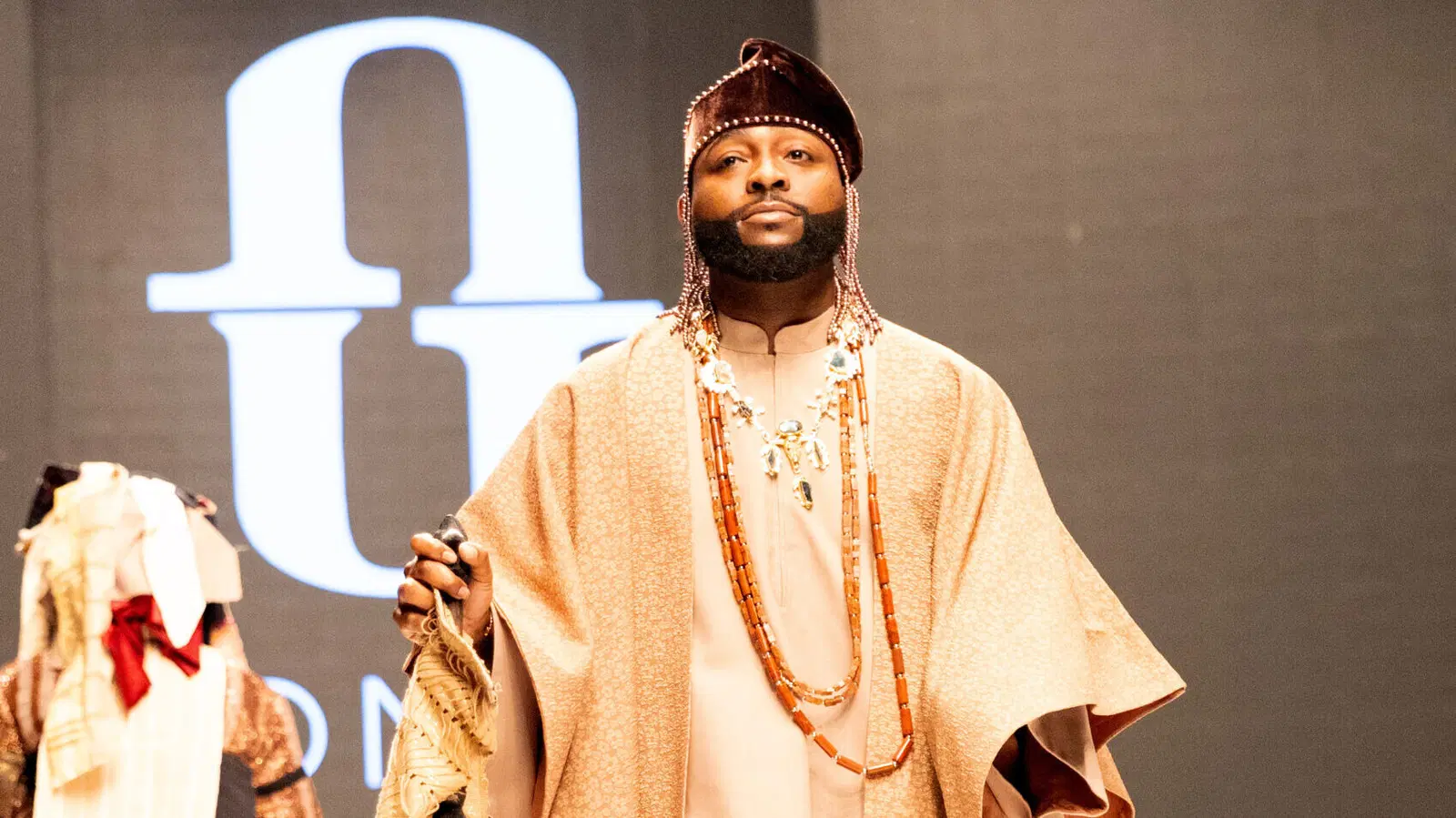
The Cultural Significance of Traditional Clothing in Nigerian Celebrations
Festivals and ceremonies across Nigeria present occasions for people to don traditional attire, celebrating both their personal identity and communal heritage. Traditional clothing is particularly prominent in:
- Weddings: Nigerian weddings are known for their extravagance and emphasis on cultural attire. Couples often wear agbada and asooke to honor their heritage, while guests also dress in traditional attire, showcasing the richness of Nigerian culture.
- Festivals: Many cultural festivals, including the Durbar Festival in the north and the Osun-Osogbo Festival in the southwest, bring traditional clothing to the forefront. Participants wear attire that reflects their community’s history and customs, emphasizing the unity of culture and identity.
- National Celebrations: Events like Nigeria’s Independence Day see a surge in the wearing of traditional clothing, symbolizing patriotism and unity. Nigerian attire serves as a proud reminder of the country’s cultural diversity and shared history.
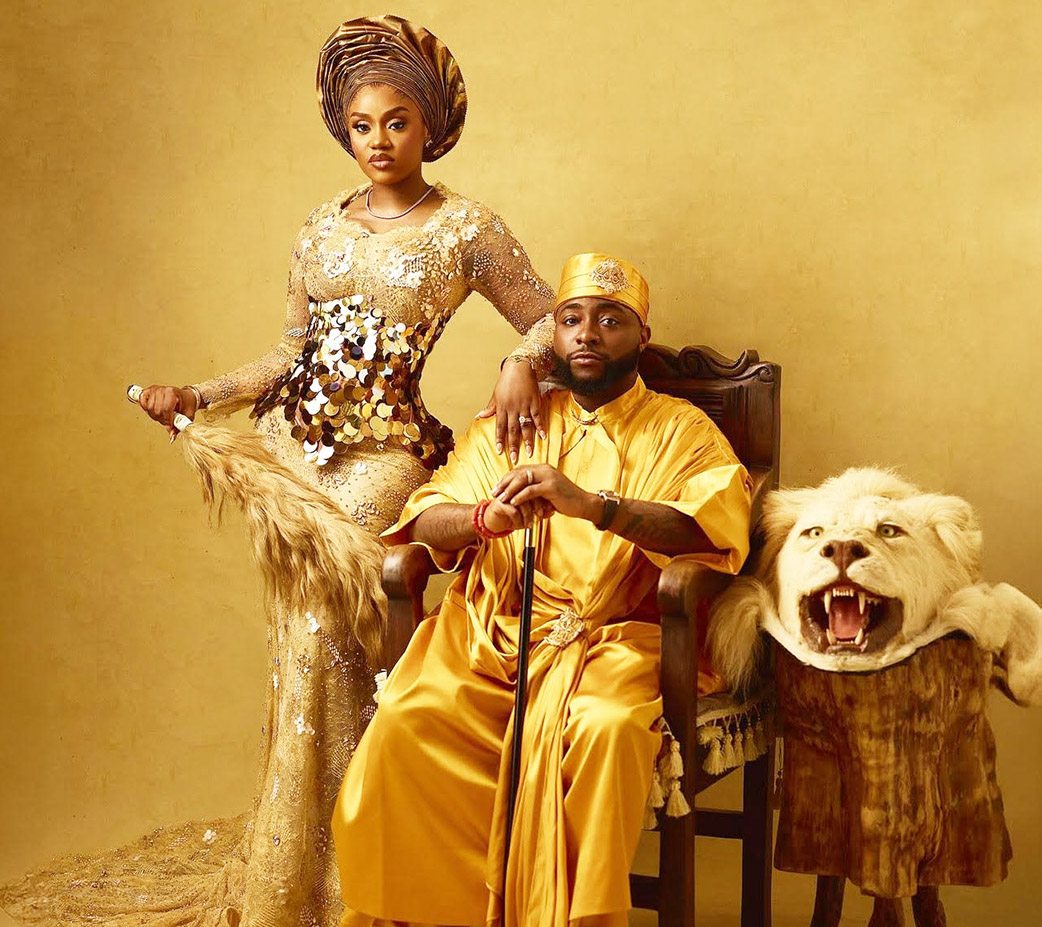
Modern Revival and Global Influence
The resurgence of traditional Nigerian attire can be attributed in part to a new generation of designers who are blending historical styles with contemporary fashion. Designers like Deola Sagoe and Mai Atafo have not only kept Nigerian clothing relevant but have brought it to international fashion weeks, capturing global attention. Influences from the African diaspora have also played a role, as people of Nigerian descent across the world celebrate their roots by incorporating traditional clothing into their daily lives.
Furthermore, social media has provided a platform for Nigerian fashion influencers to showcase traditional attire, making it popular among younger generations. Platforms like Instagram and YouTube allow Nigerian fashion to reach global audiences, creating a market for Nigerian clothing and styles beyond the country’s borders.
The Future of Traditional Nigerian Clothing
As Nigeria’s fashion industry continues to grow, the future of traditional attire looks bright. With increasing interest in sustainable fashion, the handwoven and artisanal quality of Nigerian fabrics like asooke and ankara appeals to eco-conscious consumers. Additionally, the trend of “Afrocentrism” has inspired many to embrace traditional Nigerian clothing not only as a fashion choice but as a symbol of pride and identity.
In conclusion, traditional Nigerian clothing represents a blend of history, culture, and artistry. From weddings to festivals, each outfit tells a story of identity, unity, and resilience. The resurgence of these styles serves as a reminder of Nigeria’s cultural wealth, inspiring both locals and the global community to celebrate the beauty of Nigerian heritage.
Nigerian traditional clothing remains a vibrant part of the nation’s cultural identity. Its resurgence among youth and global influencers highlights a timeless connection to Nigeria’s rich heritage, celebrated with pride at home and abroad.


